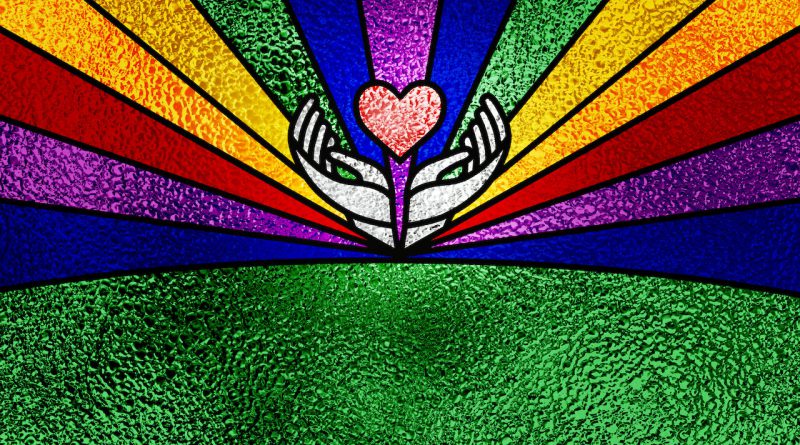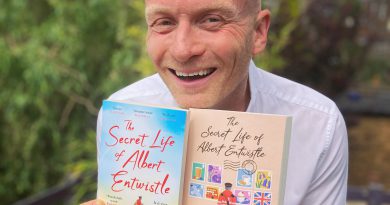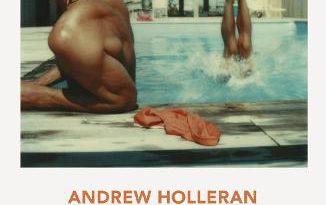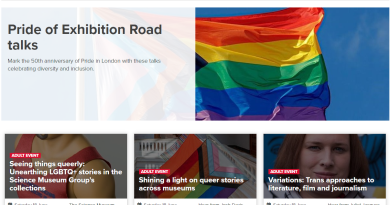Pray away
“The Holy Spirit can give you new desires and wants,” Jeffrey McCall tells passersby at the beginning of Kristine Stolakis’ brutal new documentary, “Pray Away.” Holding a sign labeled “TRANS 2 CHRIST” with before-and-after pictures of himself presenting as a woman and then, detransitioned, as a man, McCall delivers his pitch: “Jesus can transform you.”
The movie, Stolakis’ debut feature, is on Netflix. McCall is the most kinetic of her subjects, a counterpoint to the half-dozen survivors of the “ex-gay” movement the film follows: LGBTQ people who were involved in its organizations, primarily Exodus International but also Southern Poverty Law Center-designated anti-gay hate group Family Research Council, preaching practices like “conversion therapy” and making pitches like McCall’s before renouncing their participation and returning to — or embracing for the first time — their identities.
Documentary insights
The documentary has a complicated task: to sympathize with its subjects as survivors without excusing their propagation of the same ideology that hurt other closeted Christians, many of whom did not survive at all. In that, it leans a little too far toward easy forgiveness.
But it is illuminating, especially in its exploration of McCall — someone so committed to ex-gay proselytizing, just as the other “former” LGBTQ Christians in the film once were. He leads and worships in a community of people seeking to leave behind the parts of their identities they believe are no more than wicked temptations, and his sincerity is total. McCall troubles a conventional narrative about so-called ex-gay Christian ministries: He is obviously not a grifter profiting financially from the suffering of people who aren’t like him; in fact, he himself is the kind of person he is trying to reach.
What does he get from it?
The answer, the movie suggests, is belonging. In ex-gay ministries, LGBTQ evangelicals can have a warped fellowship inside communities that contain their every social support structure and might otherwise abandon them. Churches are as essential to the psychological survival of people raised and taught in them as air and water are to their physical bodies, but these communities are always making it clear that they cannot abide LGBTQ people and will reject them forever if they try to find community elsewhere. So ex-gay ministries persist.
I saw the force of these communities growing up as an evangelical Christian; the threat of complete ostracism by families and peers was not always overt, but it was always present — not exclusively for gay people, but overwhelmingly. I remember innumerable Christian friends, acquaintances and friends of friends who had to leave their churches and even homes in shame. Some did sex work for subsistence. Some died.
Exodus International
Julie Rodgers, formerly of anti-gay “support” group Exodus International, explains in the film how ex-gay work allows for some relief from the fear of shunning.
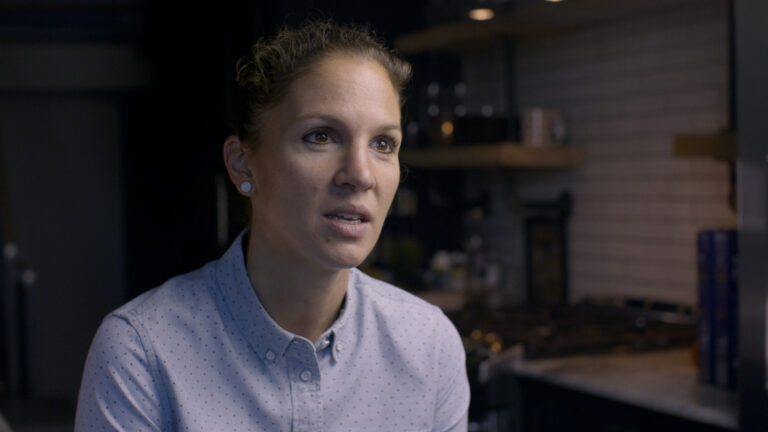
“You’re still doing Bible studies and small groups and learning things, but you’re also staying up until 2 in the morning laughing and talking and telling jokes,” Rodgers recalls of one conference. “I remember especially the late-night times when all the leaders were in bed and we just got to be our little queer selves. It was, in many ways, one of the safe places in our lives. And I know that sounds really crazy because it was an Exodus International conference, but that was what belonging looked like for us.”
Michael Bussee, one of the founders of Exodus International and one of the first to leave the group over the harm he saw it doing, also points to this need for community among gay Christians in the documentary. That will always exist, he says, whether their churches are conservative or liberal. “As long as homophobia [in the church] exists,” he says, “some version of exodus will emerge.”

